Tag: data
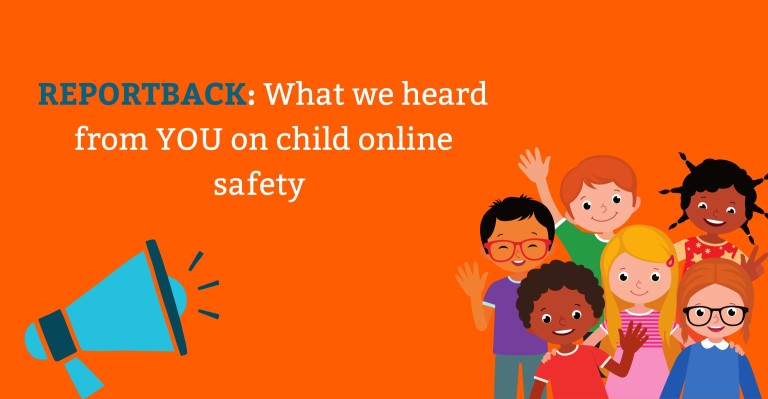
What we heard from YOU on child online safety
Results show parents' concerns about their children's exposure to harmful content and lack of knowledge on online safety practices.
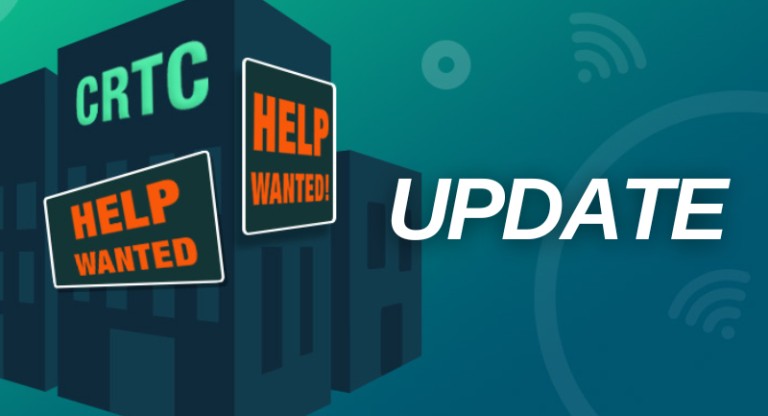
OpenMedia calls on new chair of CRTC to prioritize competition, affordability, and everyday people’s needs
Canada’s Internet is dangerously adrift. OpenMedia’s letter to new CRTC chair Vicky Eatrides urges her to put us back on track.

Everything you need to know about data brokers
For data brokers, being unseen is part of the strategy. So we’re shining a light on the dangerous economy of selling YOUR data.
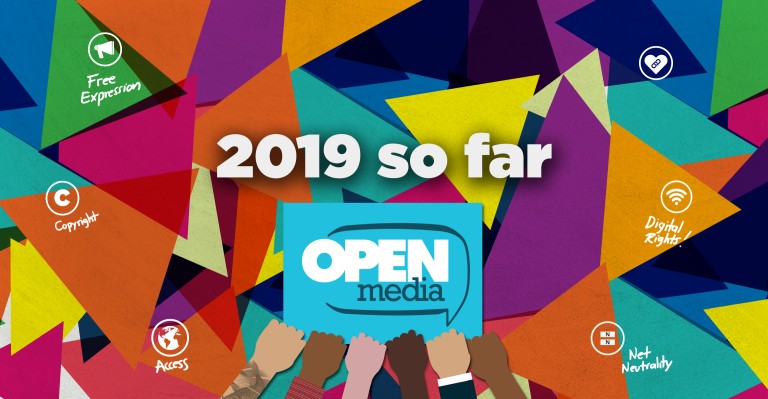
Need a break from the election? Here are some happy memories
The past year has been a rollercoaster on the digital rights front. But together, the OpenMedia community has achieved a lot. Here’s an overview of our wins and what’s on the horizon.
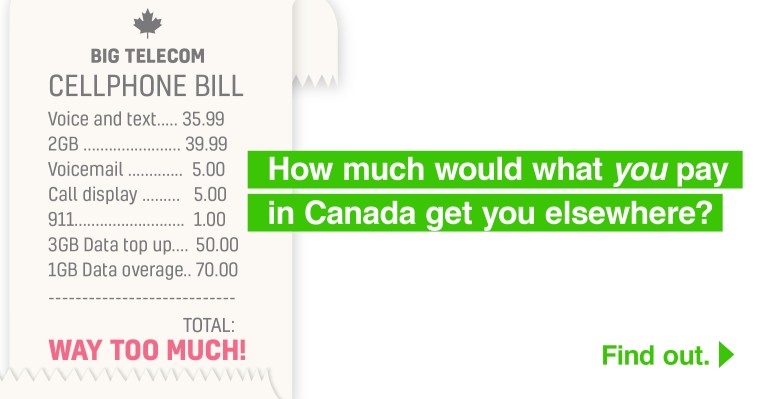
It’s time to bring Canada’s wireless market out of the Stone Age — here’s how
Why do people in Canada still pay some of the most expensive cell phone bills in the industrialized world? Here's how it all went down, where we are now, and where to next:
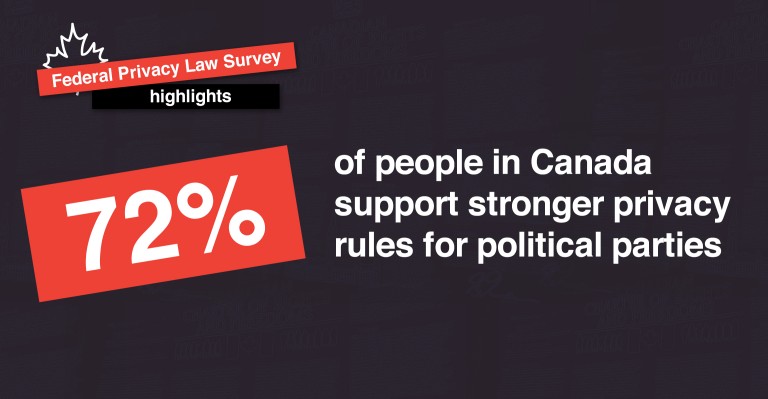
72% of people in Canada support stronger privacy rules for political parties
A vast majority of Canadians support changing the law so that political parties follow the same privacy rules as private companies. But politicians remain keen to keep the exemptions that they have given themselves.

Critics call Big Telecom’s low data plans ‘embarrassing’
"It's embarrassing and quite frankly it's rude to think that these are functional plans,"
OpenMedia works to keep the Internet open, affordable, and surveillance-free. We create community-driven campaigns to engage, educate, and empower people to safeguard the Internet. Take action now
View all campaigns Take action now!
Take action now!
 Sign up to be in the loop
Sign up to be in the loop
 Donate to support our work
Donate to support our work